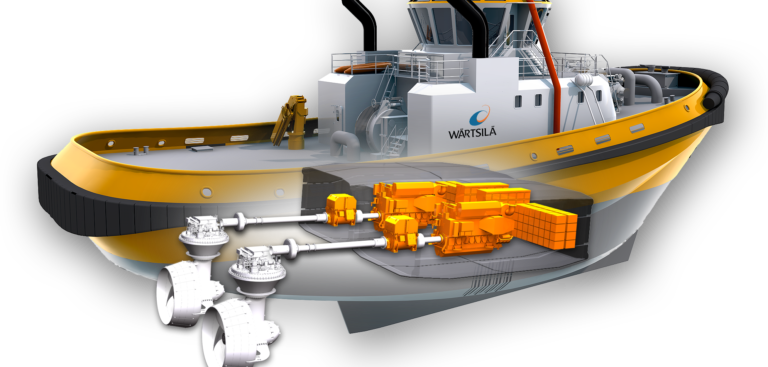Wärtsilä has lent its participation to a consortium of Finnish research organizations and companies researching means for developing new solutions for clean and efficient marine and off-road transport. The project is expected to run until spring 2023, and has been granted funding by Business Finland, the Finnish government’s organization for innovation funding and trade, travel and investment promotion.
Led by the University of Vaasa, the Clean Propulsion Technologies project addresses tightening emissions legislation and ways by which new technologies can be employed to create sustainable propulsion solutions. Wärtsilä says its technical know-how in propulsion systems will play a central role, in particular in establishing a technology roadmap for directing future R&D efforts.
“The common goal is to secure the Finnish powertrain industry’s position as a global technology leader by creating a common vision and sustainable business solutions,” said Maciej Mikulski, associate professor from the University of Vaasa. “Wärtsilä is a leading powertrain equipment manufacturer and its expertise, supported and strengthened by that of the other project partners, will play an important role in tackling growing global competition.”
The Clean Propulsion Technologies project will promote efforts to develop promising, innovative powertrain technologies for new products. These developments will be aimed at ensuring compliance with emission and greenhouse gas regulations in the marine and off-road transport segments by 2035. In the longer-term, the goal is to develop a technological roadmap for compliance with the IMO’s greenhouse gas emissions reduction target by 2050.
“A decarbonized future is essential for the marine industry, and Wärtsilä is an established thought leader as we work toward this target,” commented Juha Kytölä, director of R&D and engineering at Wärtsilä Marine Power. “This project will help us in this by developing concepts, together with other technology leaders, that will make propulsion even more sustainable than it is today.”
In addition to the University of Vaasa and Wärtsilä, the other project partners are Aalto University, Åbo Akademi University, Tampere University, VTT Technical Research Centre of Finland, LUT University, AGCO Power, Meyer Turku, Napa, Dinex Finland, Geyser Batteries, Proventia, Bosch Rexroth and APUGenius.



